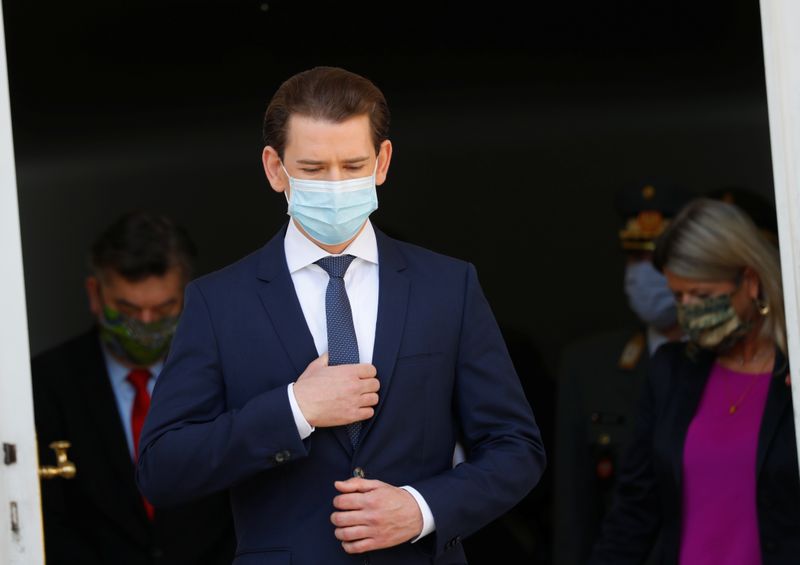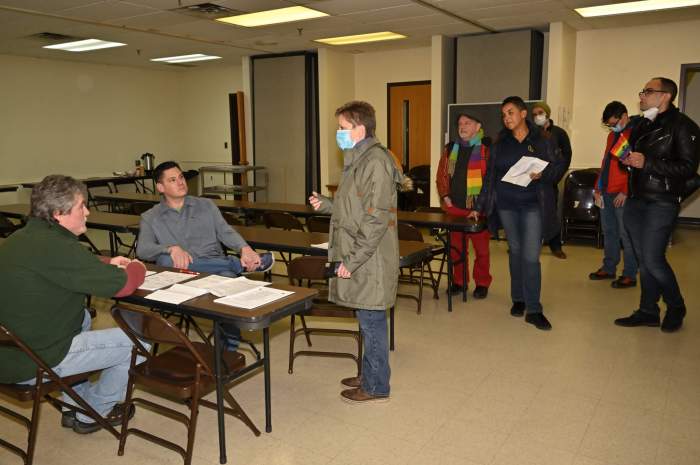VIENNA (Reuters) – Austria, which has started easing its coronavirus lockdown, will ensure workers pay less tax and press multinationals to pay more as it seeks to speed up the revival of its economy, Chancellor Sebastian Kurz said on Monday.
His government, a coalition between his conservatives and the left-wing Greens, has already pledged up to 38 billion euros in aid – around 10% of last year’s economic output – to keep firms afloat and prevent layoffs in the coronavirus pandemic.
Speaking on the 75th anniversary of the founding of Austria’s Second Republic, Kurz said more than 14 billion euros had already been paid out and he hinted at additional fiscal measures to come.
“Whether care workers, security forces, supermarket employees or many others – whoever works hard should in future have more in their pocket. That is a question of social justice but also in times like these it is also necessary to stimulate domestic consumption,” Kurz said in a televised address.
Austria acted early in its outbreak to close schools, bars, restaurants, theatres, non-essential shops and other gathering places six weeks ago. It has told people to stay at home and work from there if possible.
That has helped reduce the daily increase in infections to less than 1% and keep the number of deaths relatively low at 542 so far, which the government says justifies reopening parts of the economy step by step.
DIY and garden centres as well as shops of up to 400 square metres – roughly twice the playing area of a singles tennis court – were allowed to reopen on April 14. They are due to be followed by larger shops, hairdressers and other service providers from Friday.
While pledging to pursue plans to cut taxes for those on low and middle incomes, Kurz said he would also press multinationals to pay more tax. Austria already has a 5% digital tax on large international firms’ digital advertising revenue, targeting internet giants like Google <GOOGL.O> and Facebook <FB.O>.
“At the national and European level, we will fight against all forms of tax evasion and against unfair tax practices of large companies, because everyone should pay their fair share, particularly in times like these,” Kurz said.
The government’s aid package includes a so-called kurzarbeit scheme aimed at preventing layoffs, under which companies keep staff on their books while only paying for hours actually worked.
So far applications with enough information to be approved have been filed for 1.1 million people, the ministry for labour and social affairs said. That is almost a quarter of Austria’s workforce of 4.6 million.
(Reporting by Francois Murphy; Editing by Mark Heinrich and Giles Elgood)






















